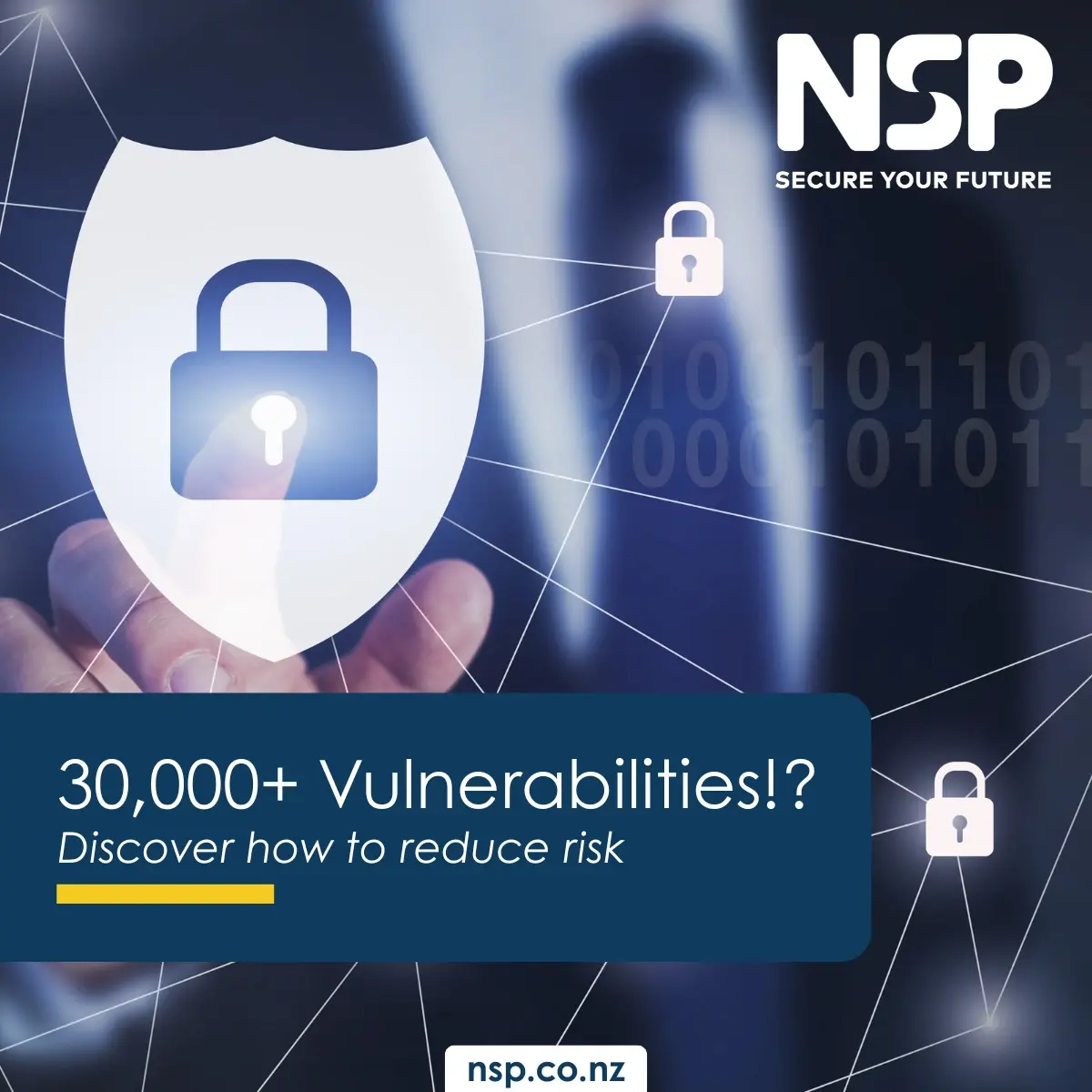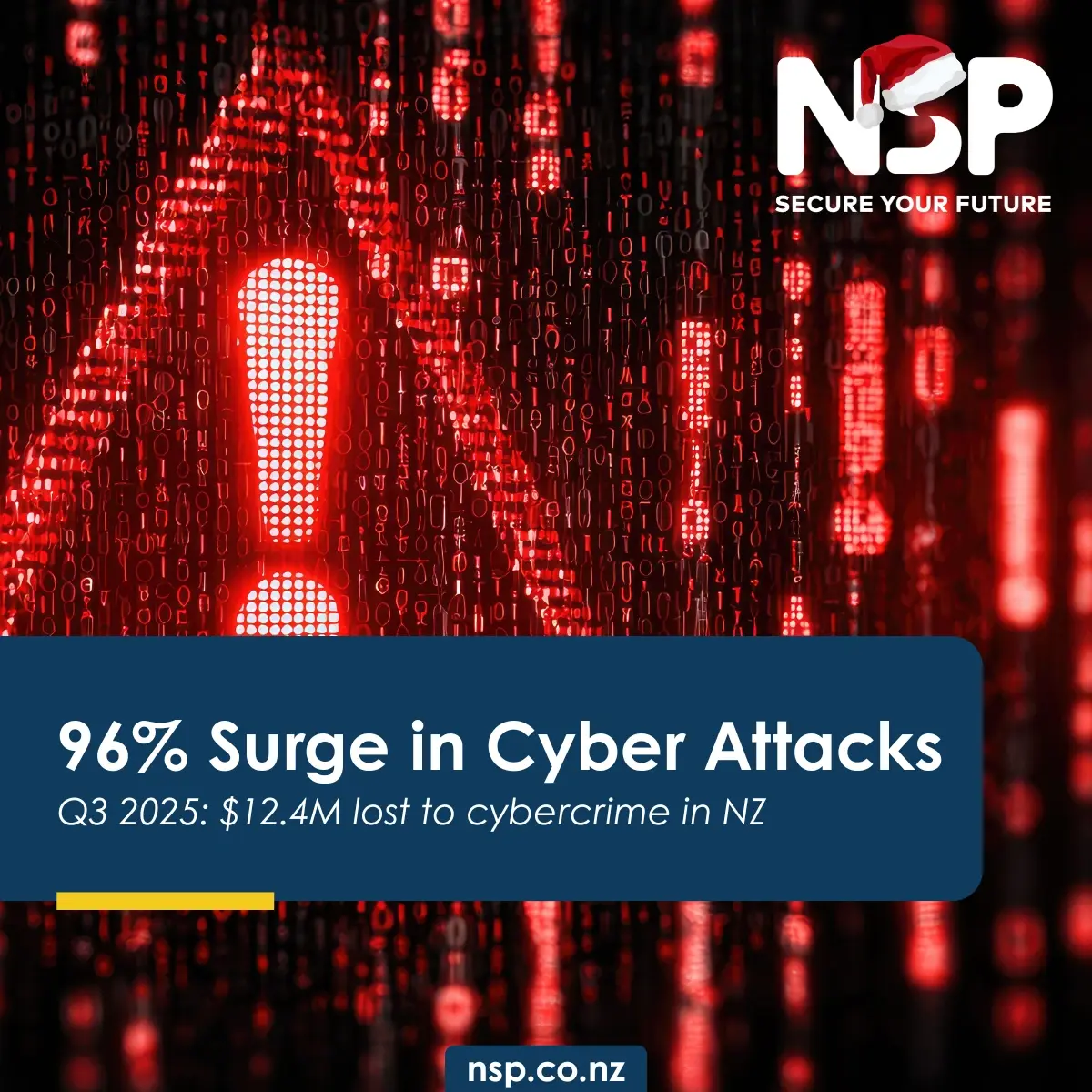NSP Marketing
31 January 2023
3 min
ReadSecurity awareness education and training is significantly more important than you think. Our global reliance on technology corresponds with a rise in cyber-threat. With more sophisticated hackers, it’s crucial for everyone, not just IT professionals, to be aware of the risks. This includes taking proactive steps, to protect themselves and their organisations. Accordingly, that’s where security awareness education comes in. To make it easier to understand, we’ve pulled together a set of standard questions. These are the questions we get asked when our customers are beginning their security awareness education journeys. We’ve also included common reasons to get started and tips to get you there.
Q. What is security awareness education?
A. Obviously it is a process of educating your employees about security risks. Best practices for preventing security incidents also play an essential part in security education.
Q. Why is security awareness critical?
A. Undeniably, it helps your employees in their understanding of how they play a role in protecting sensitive information. By doing this, everyone plays a role in protecting your organisation from security threats.
Q. What topics are covered in security awareness education?
A. Common security risks such as phishing, password management, social engineering, data protection, compliance requirements and company-specific security policies.
Q. How often should employees receive security awareness education and training?
A. We recommend a continuous program, particularly if you base your program on your organisational risk assessment.
Q. How is security awareness education delivered?
A. You can deliver security education through in-person training, e-learning modules, or simulated phishing exercises.
Q. Can security awareness education be customised for my organisation?
A. Yes, tailoring security awareness training to meet the specific needs and risks of your organisation is recommended.
Q. Who is responsible for conducting security awareness education in your organisation?
A. Typically, your Information Security or Human Resources department is responsible if you have one. More commonly in NZ SMB businesses, the IT Manager, Office Manager or the C-Level owner of risk in the business is responsible for security awareness training.
Find out more about security awareness
Enter your details below to stay up-to-date with the latest IT solutions and security measures.



